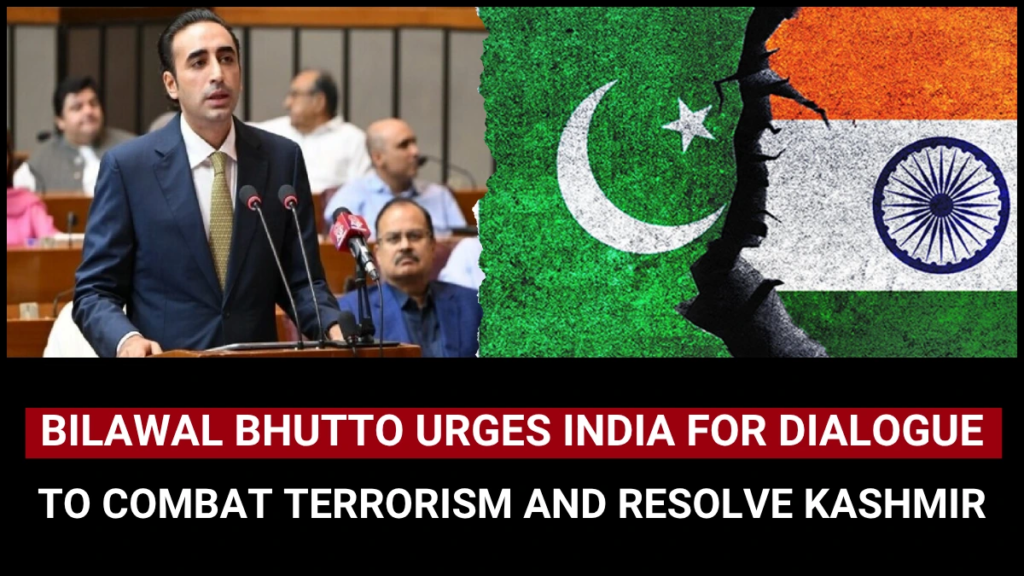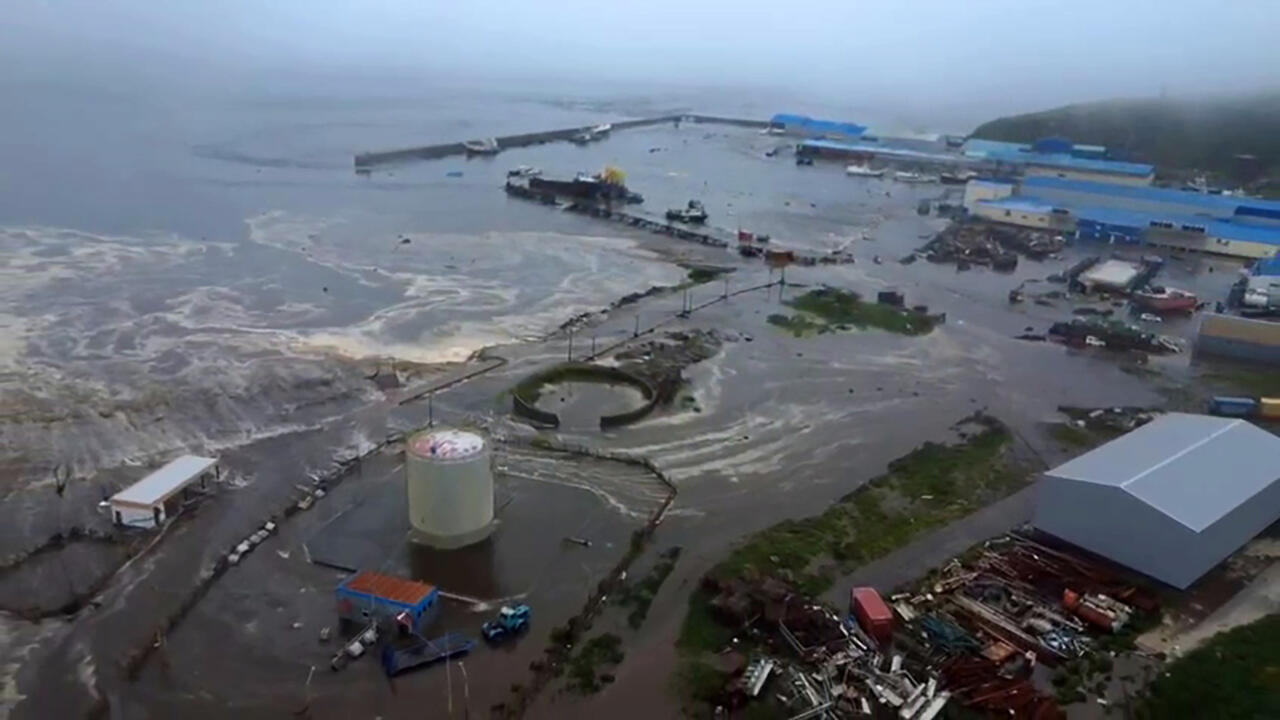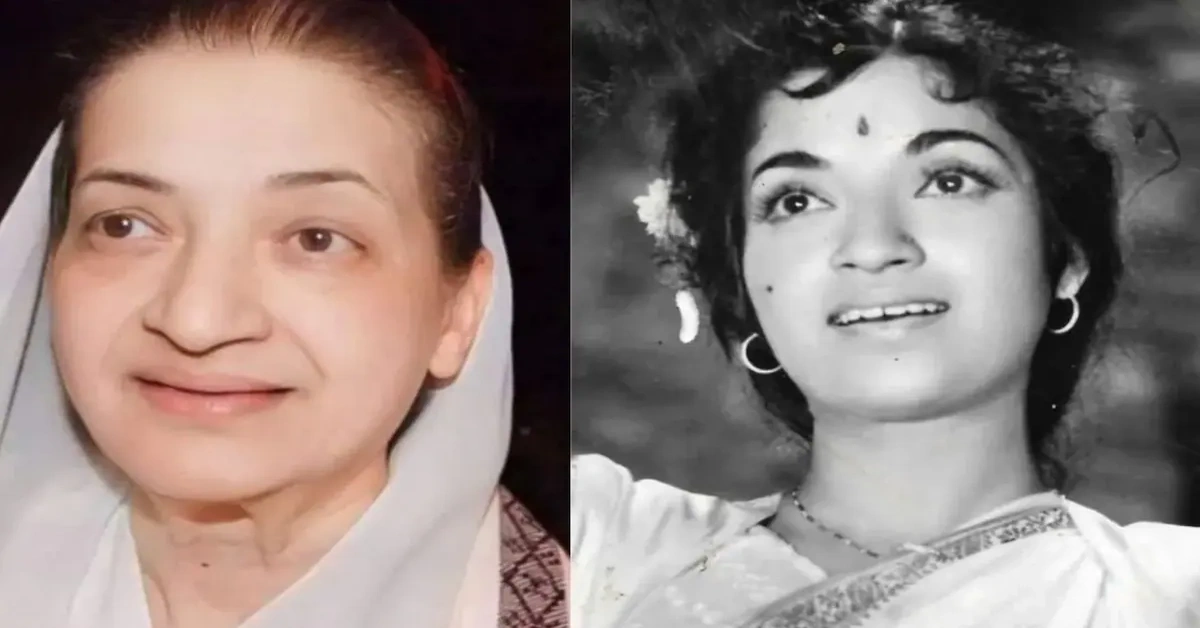
Bilawal Bhutto Urges India for Dialogue to Combat Terrorism and Resolve Kashmir
- Zain Ul Abideen
- Reading Time 5

On July 2, 2025, Bilawal Bhutto Zardari, Chairman of the Pakistan Peoples Party (PPP), spoke at a conference in Islamabad titled “Pakistan’s War on Terror for the World.” He invited India to join Pakistan in peace talks to fight terrorism, resolve the Kashmir dispute, and address water conflicts. His message was simple: let’s work together for a peaceful future.
Bilawal highlighted Pakistan’s 20-year battle against terrorism. The country’s armed forces and citizens have fought groups like Al-Qaeda, Daesh (ISIS), and Tehreek-i-Taliban Pakistan (TTP). Operations such as Zarb-e-Azab, Raddul Fasaad, and efforts in Balochistan have weakened these terrorist networks.
However, the fight has been costly. In 2024, Pakistan lost 685 soldiers in 444 attacks, the deadliest year in a decade. “Surrender is not in Pakistan’s dictionary,” Bilawal said, showing the country’s commitment to a safe future.
In the grim arithmetic of the last two and half decades, Pakistan has buried 9200 sons and daughters, civilians and soldiers alike. Our economy has forfeited more than a billion dollars in lost growth, shattered infrastructure, and displaced livelihoods. And we still fight… pic.twitter.com/x1lXNVixfZ
— PPP (@MediaCellPPP) July 2, 2025
Pakistan’s Key Anti-Terrorism Operations
Operation | Goal | Impact |
Zarb-e-Azab | Targeted terrorists in northern areas | Weakened TTP and Al-Qaeda networks |
Raddul Fasaad | Removed terrorist cells in cities | Reduced urban terror activities |
Balochistan Operations | Fought foreign-funded terrorism | Disrupted separatist and terror groups |
Bilawal extended an “olive branch” to India, urging dialogue to fight terrorism together. He called terrorism a “global crisis” that ignores borders, religion, or nationality. He believes India and Pakistan can work as partners, not enemies, to tackle this threat.
He also addressed the Kashmir dispute and water weaponization. “Let’s solve Kashmir based on what its people want. Let’s stop using water as a weapon,” he said. Bilawal wants both nations to focus on peace and their shared history from the Indus Valley civilization.
This isn’t the first time Bilawal has called for talks. He has warned that without dialogue, terrorism and regional instability will grow.
Bilawal criticized Afghanistan’s Taliban government for breaking promises made in the Doha Agreement. He said they promised stability but allowed a 40% rise in attacks on Pakistan. Groups like TTP and Balochistan Liberation Army (BLA) are using Afghanistan as a safe haven to launch attacks.
“We saved Kabul. Sovereignty comes with responsibility,” Bilawal said, urging the Taliban to stop the flow of fighters and weapons.
Bilawal called for global cooperation to fight terrorism. He urged the world to learn from Pakistan’s experience and provide support like modern technology, weapons, and funding for counter-terrorism efforts. He also highlighted the danger of digital propaganda in spreading extremism.
Pakistan’s removal from the FATF gray list shows its commitment to fighting terrorism. Bilawal sees this as a chance for India and others to join Pakistan in tackling this global threat.
Bilawal’s call for dialogue could change the future of India-Pakistan relations. Solving issues like the Kashmir dispute and water conflicts could bring peace to South Asia. His speech also reminds the world of Pakistan’s sacrifices, with countless lives lost and economic challenges faced in the fight against terrorism.
Bilawal Bhutto Zardari’s call for India-Pakistan peace talks is a bold step toward fighting terrorism and resolving disputes like Kashmir and water issues. Pakistan’s efforts in the war on terror show its strength, but global and regional support is needed for lasting peace.
Send Us A Message
After a four-year delay, the Pakistani indie mountain thriller Beyond the Wetlands is scheduled to...
Pakistan Idol 2025 Episode 2 took viewers to Multan for another round of powerful auditions and...
Ne Zha 2 will arrive in Pakistani cinemas on October 24, 2025, with distribution handled by...

Punjab Schools Reopen: New Schedule for August 2025 After Reduced Summer Vacation
August 15, 2025
No Comments
Read More » 
Earthquake Today: 5.4 Magnitude Quake Jolts Pakistan, 8.8 Hits Russia
August 2, 2025
No Comments
Read More » 
Tsunami Waves Hit Pacific Coasts After Massive Russia Earthquake
July 30, 2025
No Comments
Read More » 
Mardan Board Result 2025: Punjab Private Schools Shine, Government Schools Improve
July 29, 2025
No Comments
Read More » 

China AI Boom: New Alliances to Build a Strong Domestic Tech Ecosystem
July 28, 2025
No Comments
Read More »
Mariam Mohamed has been crowned Miss Universe UAE 2025, becoming the first Emirati woman chosen to...
by Aalyan Riasat Ali
After a four-year delay, the Pakistani indie mountain thriller Beyond the Wetlands is scheduled to...
by Aalyan Riasat Ali
Pakistan Idol 2025 Episode 2 took viewers to Multan for another round of powerful auditions and...
by Aalyan Riasat Ali
Ne Zha 2 will arrive in Pakistani cinemas on October 24, 2025, with distribution handled by...
by Aalyan Riasat Ali
Veteran actress Sandhya Shantaram, famed for her memorable performances in classics like Jhanak...
by Aalyan Riasat Ali
The much-anticipated Pakistan Idol 2025 Episode 1 premiered on October 4, 2025 on Geo TV,...
by Aalyan Riasat Ali
Pakistan Idol returns to Pakistani TV screens with a grand premiere on October 4, 2025, airing on...
by Aalyan Riasat Ali
Vijay Deverakonda’s team has confirmed that he and Rashmika Mandanna are engaged after a private...
by Aalyan Riasat Ali








